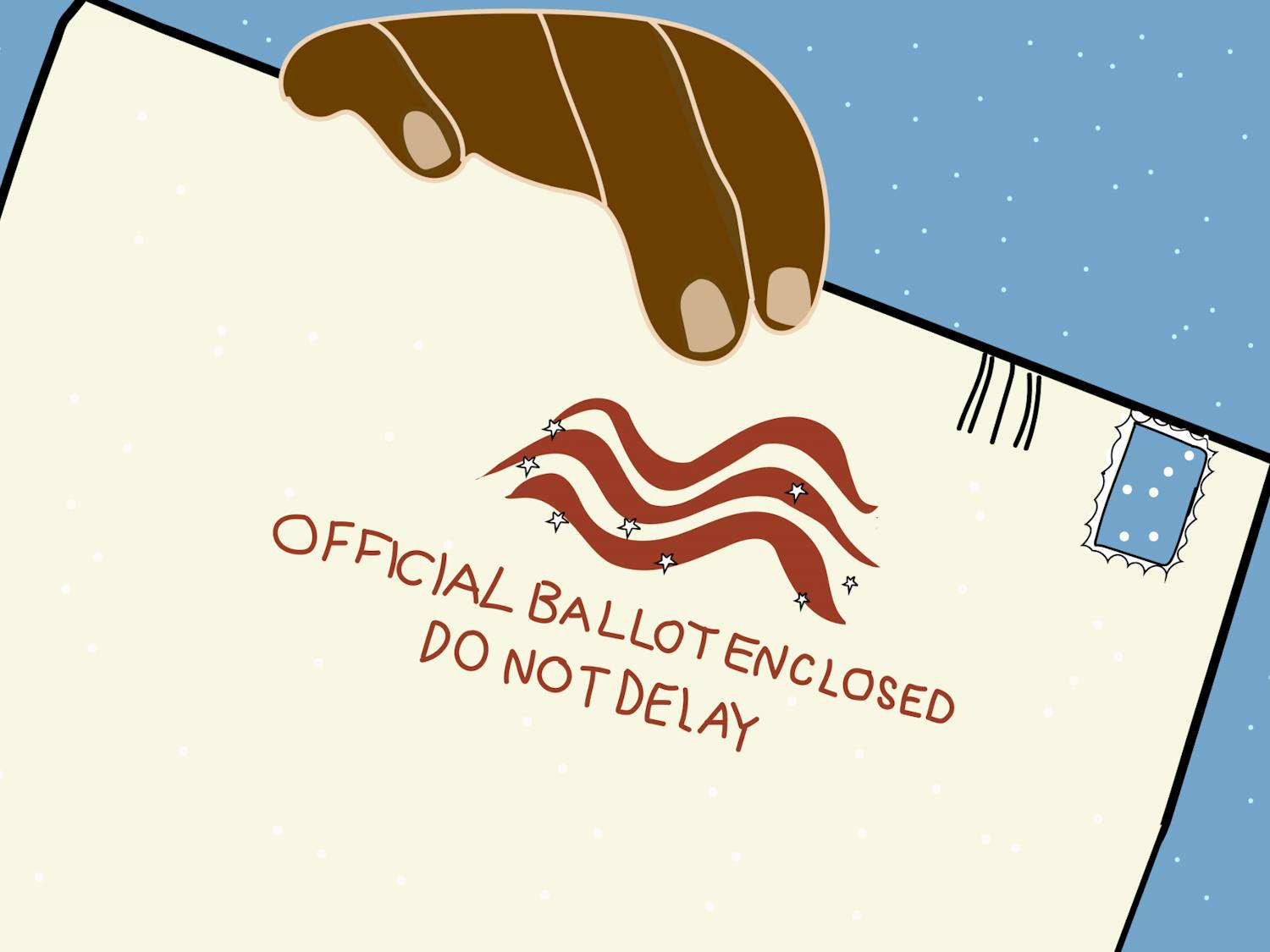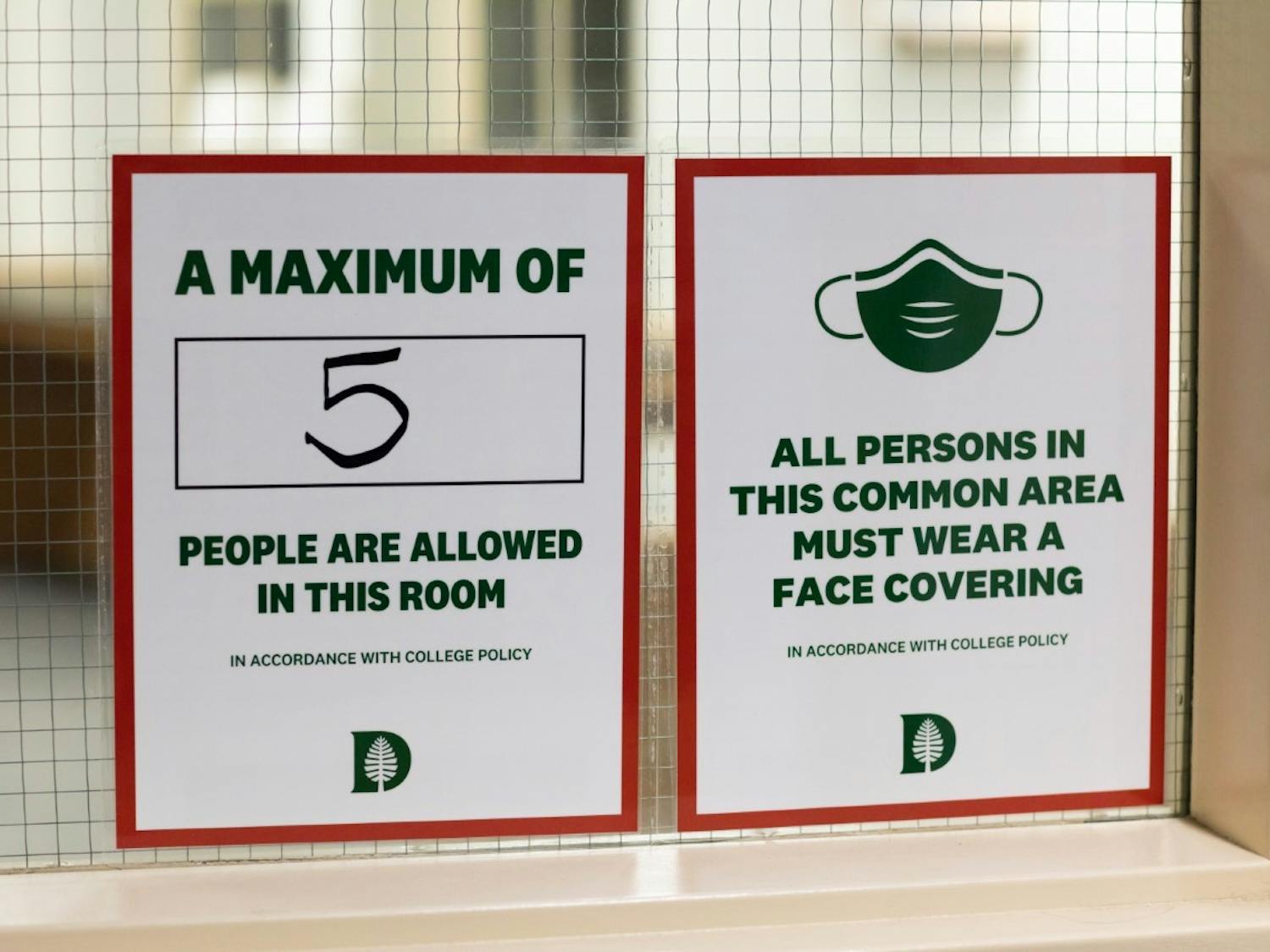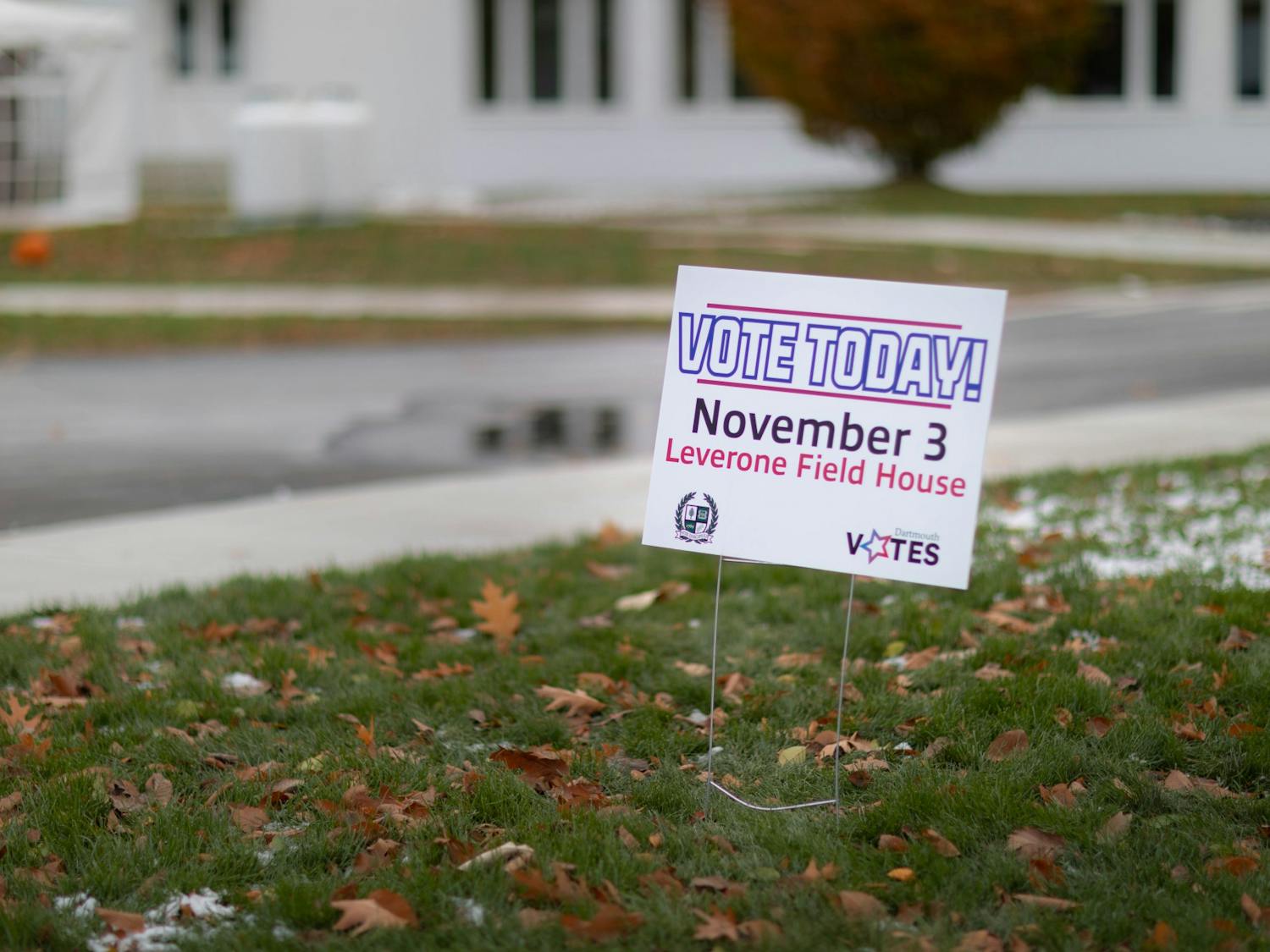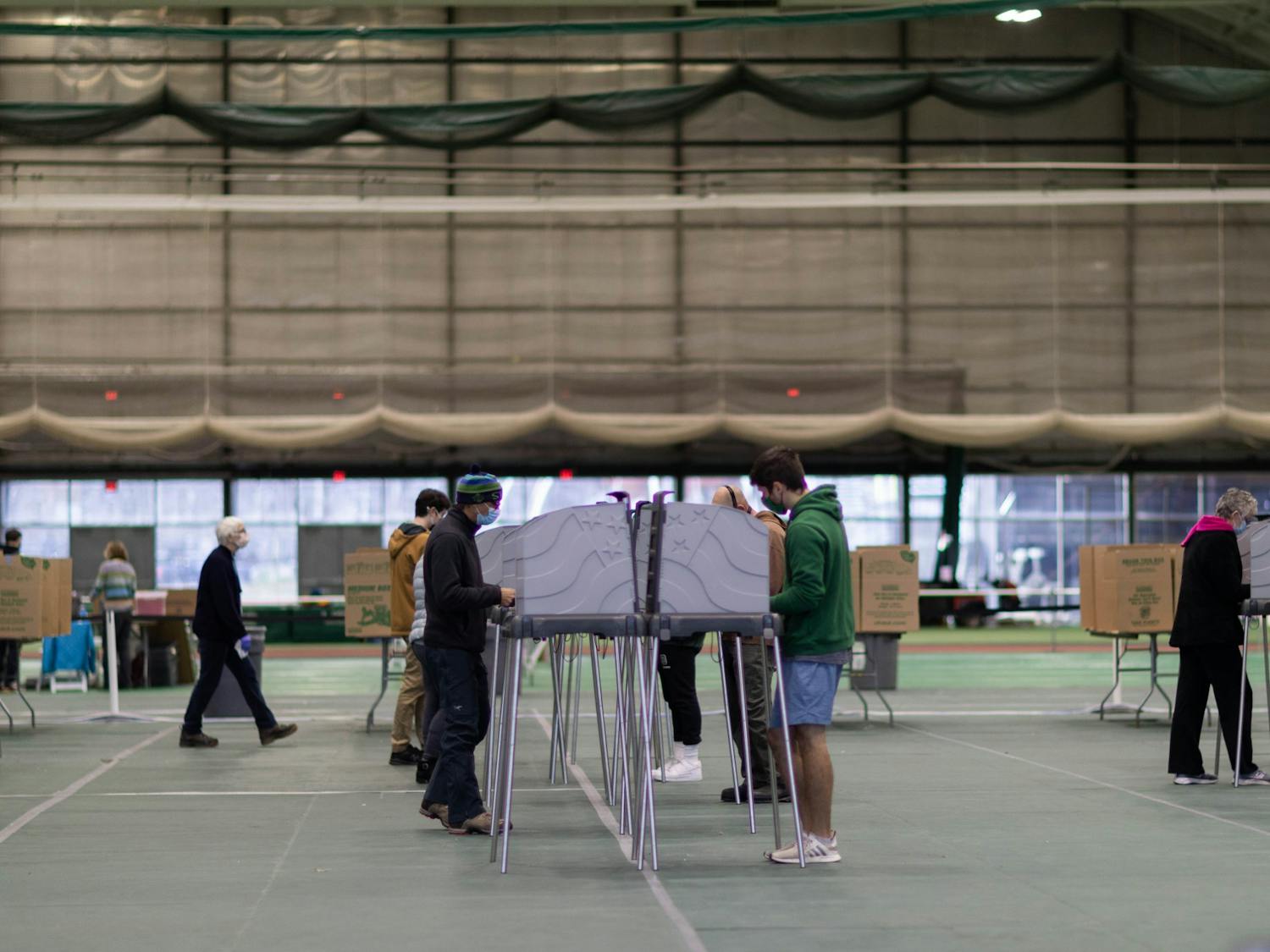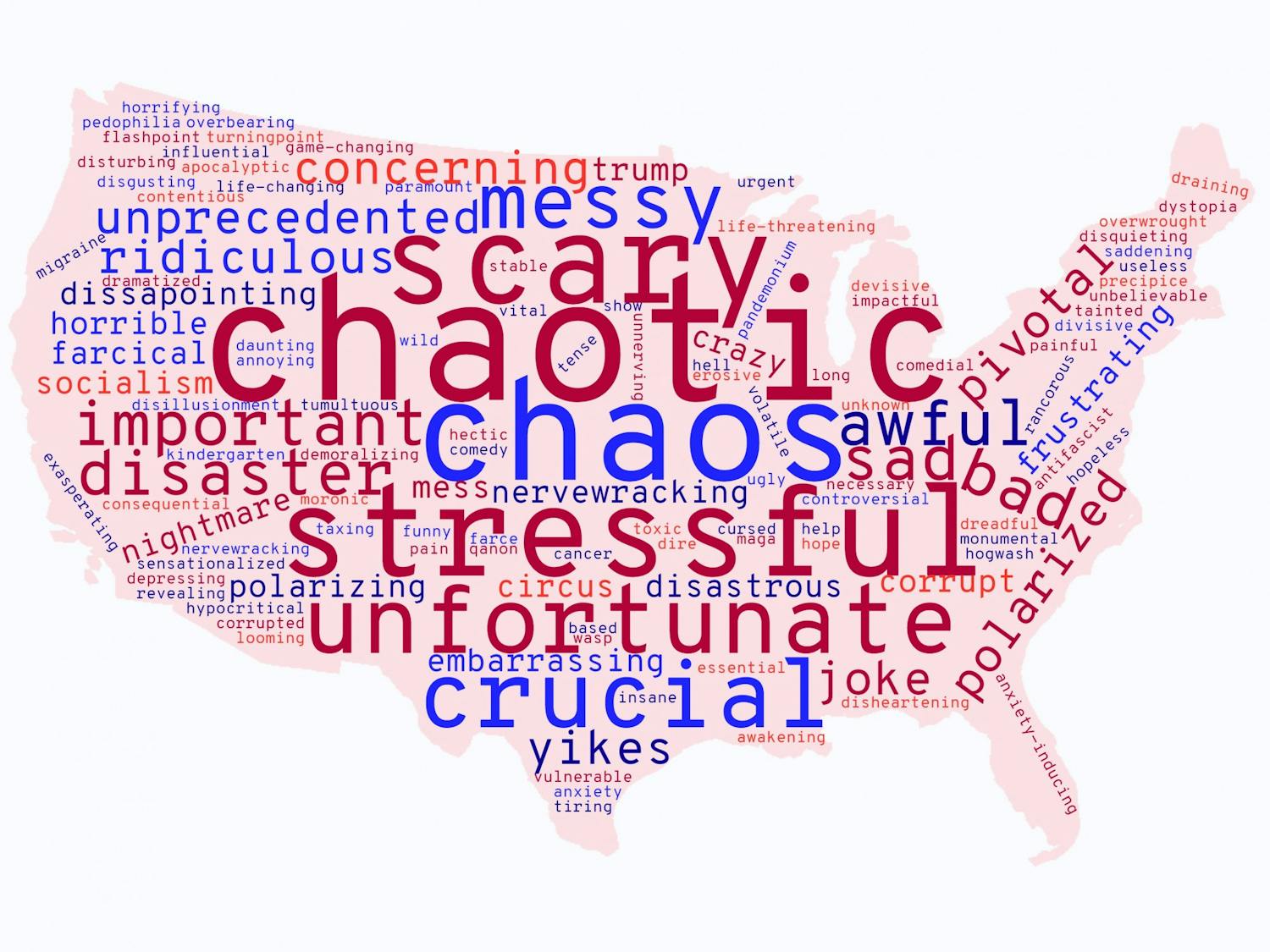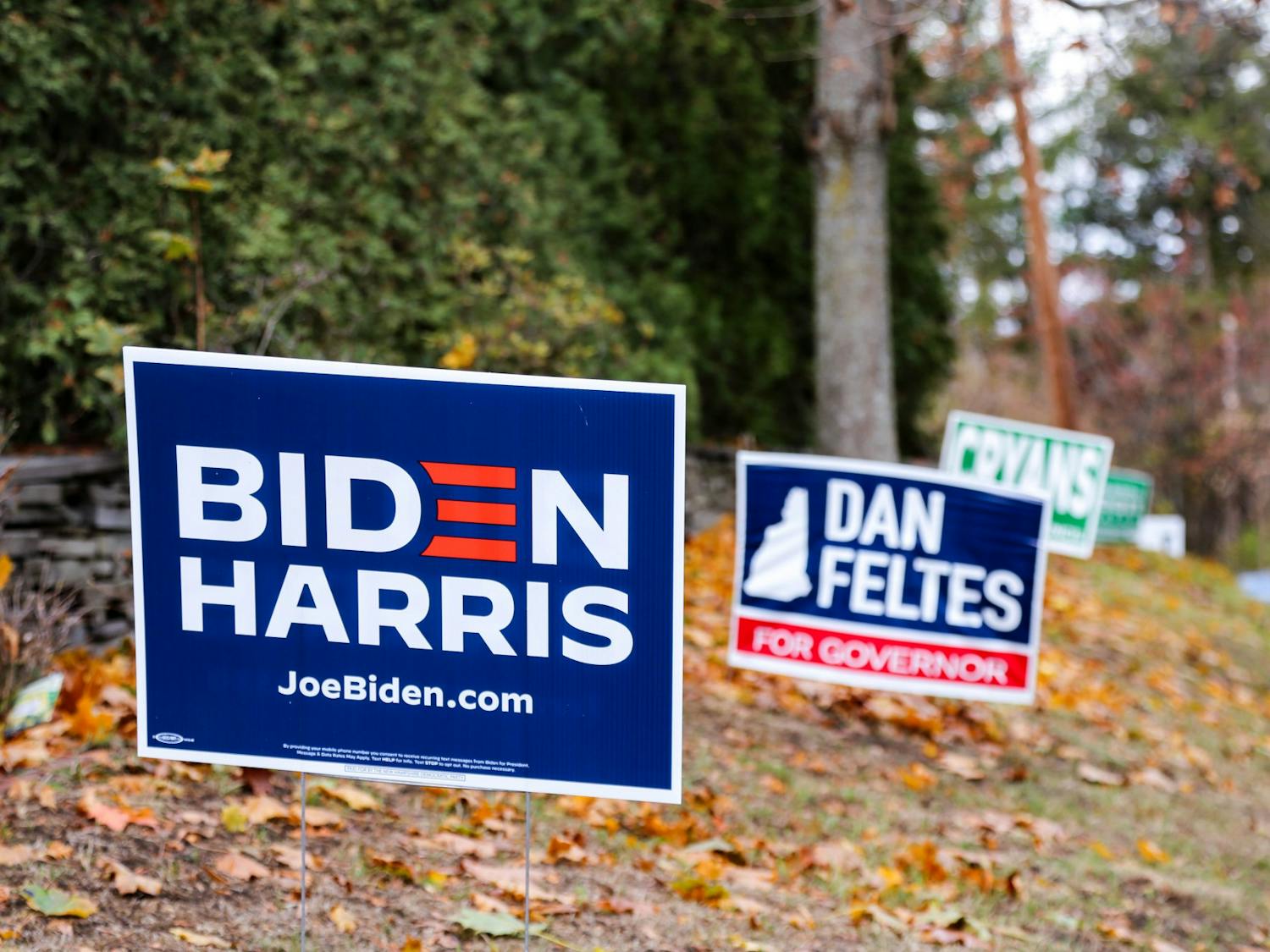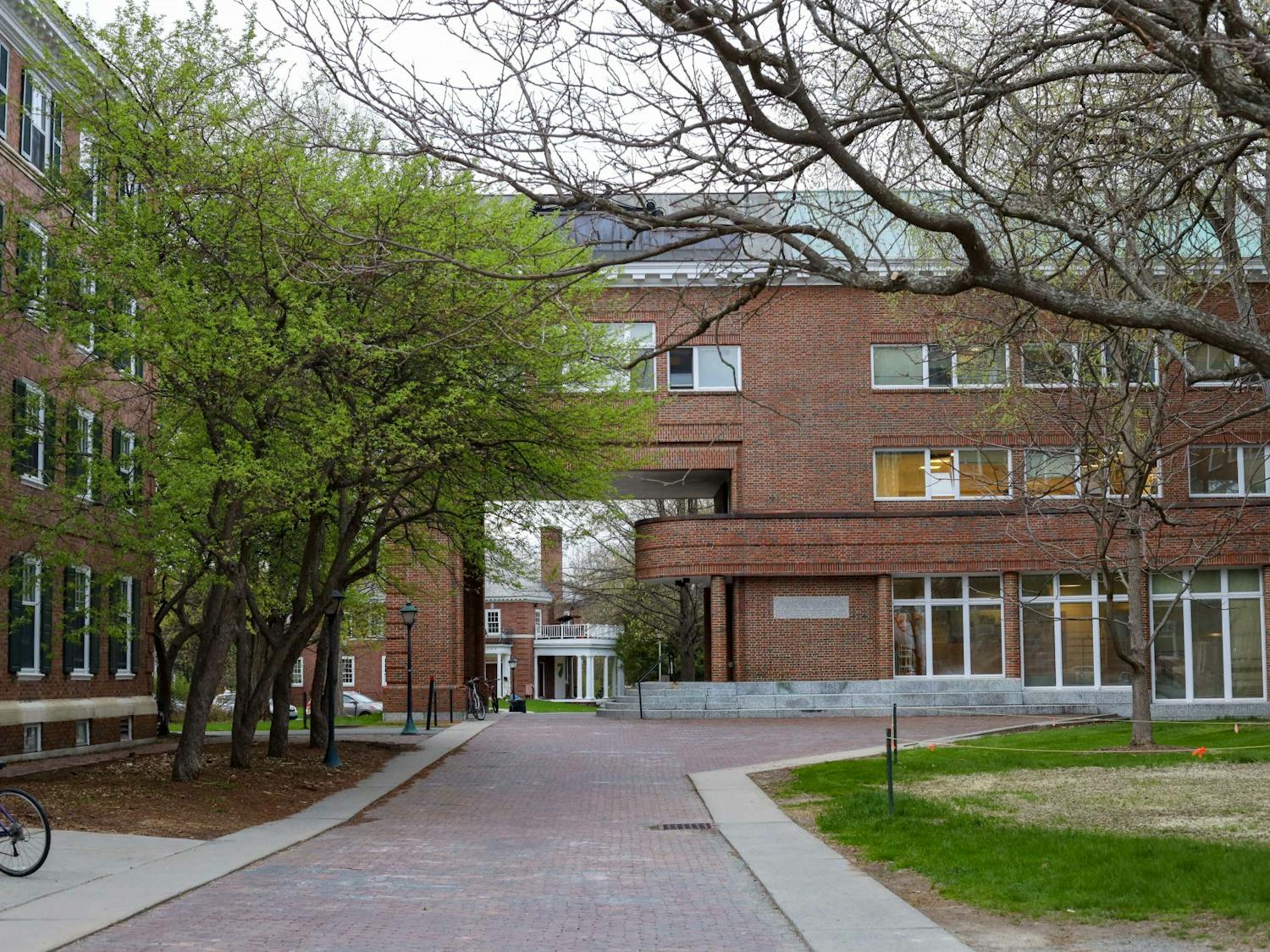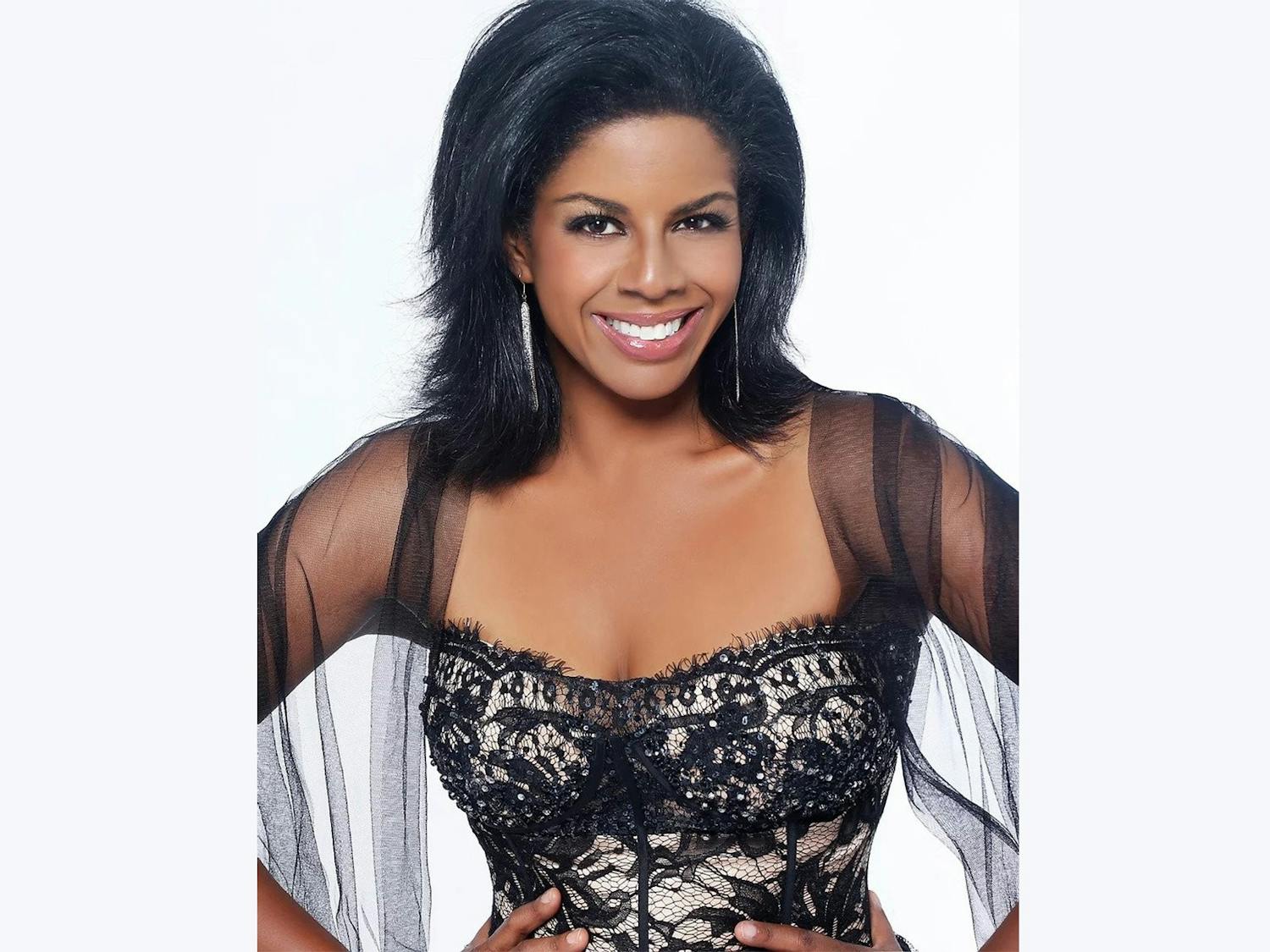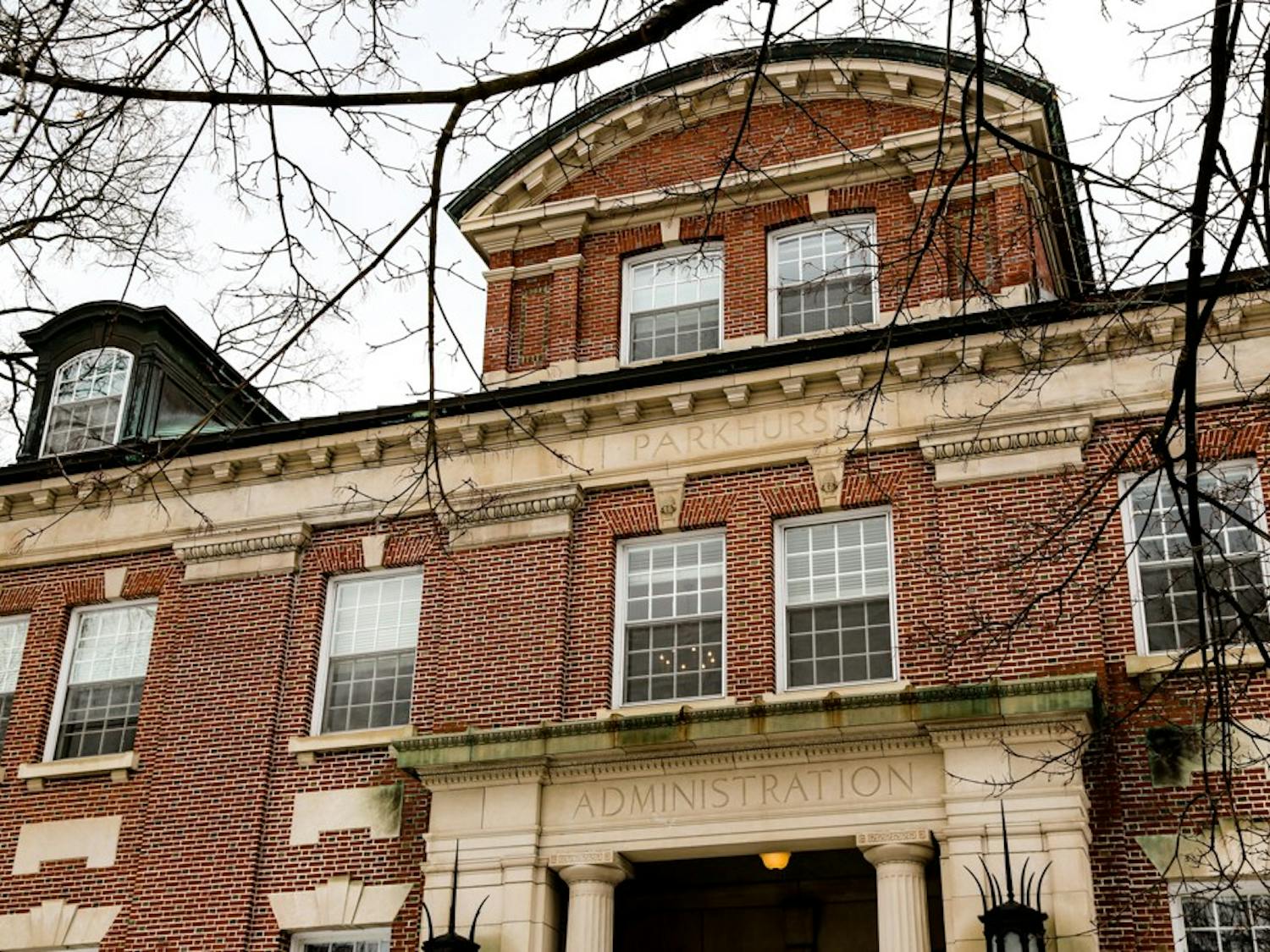And Now We Wait: Reflections From the Day After the Election
Right now the CNN electoral map is flashing red and blue in my peripheral vision — as it has been for the past 16 hours. My roommates turned on the TV at 4 p.m. on Election Day, and we haven’t turned it off since.


